Perspectives on Climate Change
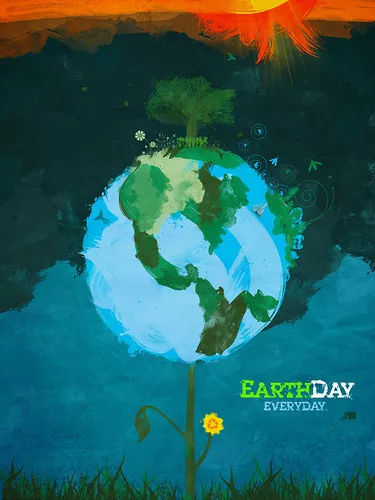
“Earth Day Poster Design” by morgantj is licensed under CC BY-NC-ND 2.0.
Dr. Ashraf Saad moderated the first seminar of a series of weekly meetings in Solms Hall, titled “Perspectives on Climate Change,” this past Friday.
This seminar included a video of Dr. Richard Alley at the Nobel Conference: Climate Changed – Facing Our Future, in which the main focus of the speech was understanding how the continuously changing climate on Earth is being influenced by modern humans.
As students, we have heard many times throughout our educational careers that the Earth’s climate is changing as a direct result of human behaviors; carbon emissions, pollution, agricultural production ect.
We continuously hear that some people deny this assertion, and maybe even you as a reader have your doubts. Dr. Alley makes clear throughout his speech that the denial of climate change is the denial of the well known and understood facts of physics.
Dr. Alley presents data, models and historical evidence to listeners, citing the findings of his fieldwork in Antarctica and Greenland as much of the basis of his argument about how increasing levels of carbon dioxide are associated with increased global temperatures.
In a model of historical measurements of temperature and carbon dioxide, Dr. Alley shows that there is a causative relationship between the two factors.
Other factors that influence climate on Earth include the planet’s orbital pattern; Dr. Alley explains this concept using the theory of Milankovitch cycles that states that the earth’s position as related to the Sun is a large factor in the changes we have observed in the climate throughout history.
Dr. Alley compares his perspective on taking action against climate change to that of the precautionary measures we take when driving. We have seatbelts, airbags and organizations like Mothers Against Drunk Driving because the results of a car crash really are that bad.
Dr. Alley in essence, says that we know what can happen if we ignore climate change and that we are willfully heading towards our own doom, but it doesn’t have to be that way.
We are a part of the first generation that knows that we can, and should build sustainable energy systems.
We know that we must prepare for and mitigate the effects of rising carbon dioxide levels, in the same way that we take precautions against car accidents; through laws and policies that protect us.
The importance of opening spaces for discussion about climate change, like the one Dr. Saad and his colleagues are trying to implement on the Armstrong campus, is that awareness is the first step in combating the problem.
Academics like Dr. Alley are hopeful that with the growing recognition and concern for the environment, we will hopefully see changes to our economic/political choices in the coming years.
The next seminar will be held on Friday, August 26 in room 110 of Solms. Pizza will be provided to those who attend the discussion.


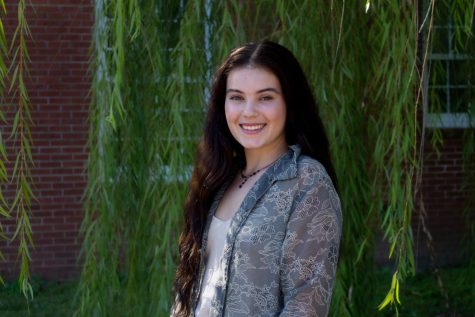
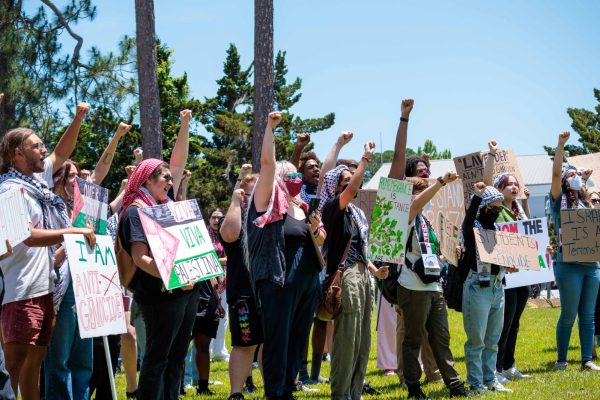
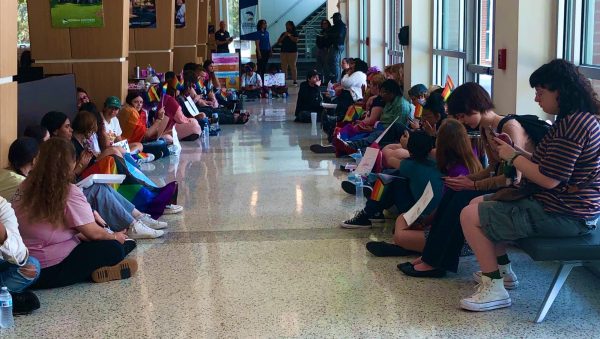


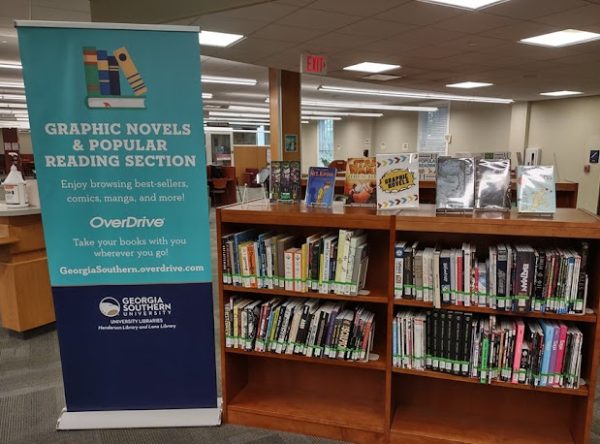
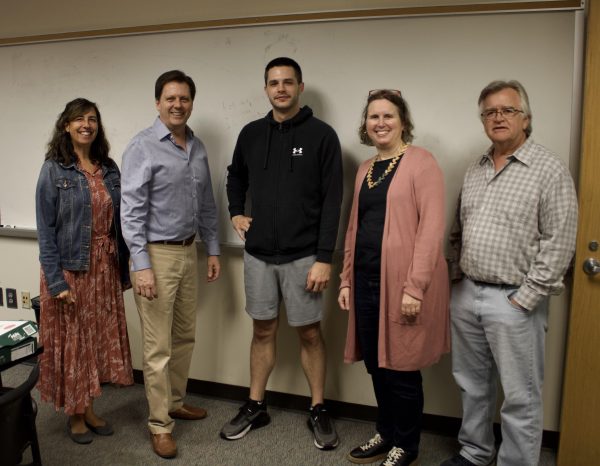
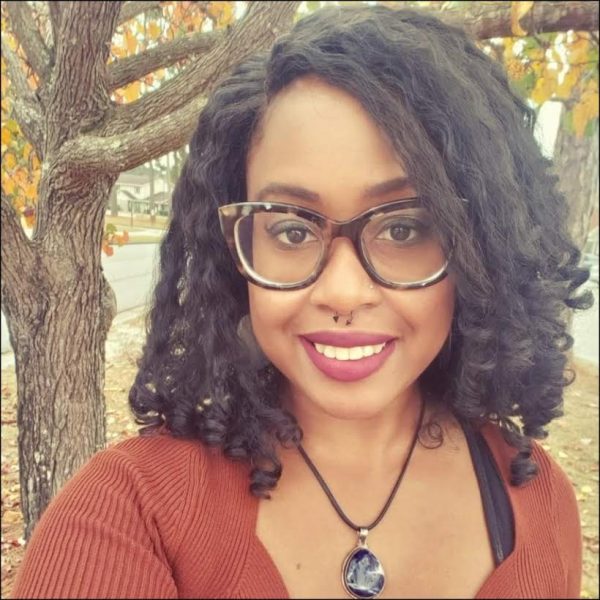
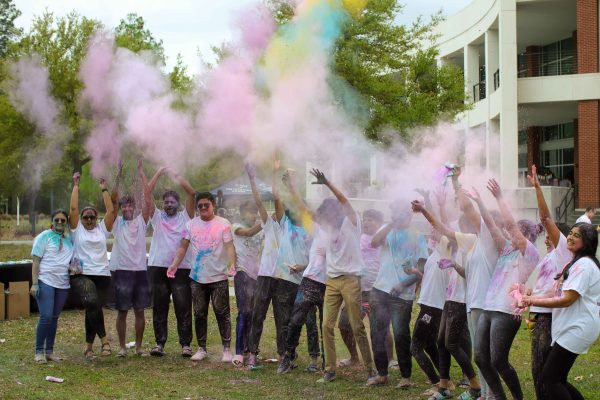
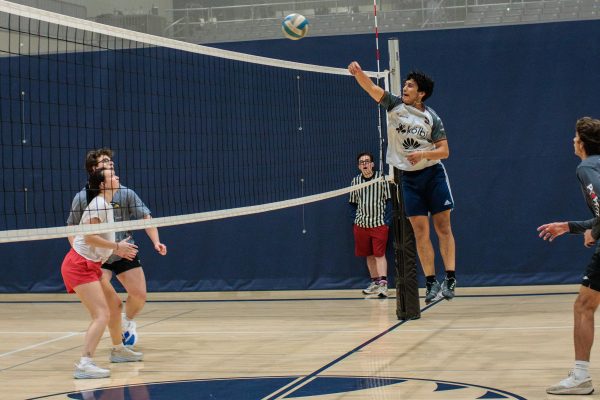

Stephen A Mayne Jr • Aug 26, 2022 at 5:24 pm
Just let us people that are not hearing Dr Saad words his words you are doing a great job on reporting this.
Stephen A Mayne Jr • Aug 26, 2022 at 4:08 pm
I think your concern is justified. There is 2 things I like to add. One meteors and comets that hit the planet could be pushing us closer to the Sun. Two trees take in carbon dioxide I have seen buildings with trees on them. If you keep cutting down trees we must replant trees. We have a lot of ways to help the issues. But most people are shallow and just care about themselves. The planet will survive long before humanity. I would like to see so positive solution like everybody that is concerned.
Laura • Aug 26, 2022 at 1:14 pm
Thanks to Dr. Saad for doing this for the GSU community, and thank you for writing about it so that more students know!
Karla Jennings • Aug 26, 2022 at 12:28 pm
Thanks for profiling this series that Dr. Saad has started. I know he’s excited about it and wants as many students to attend as possible.